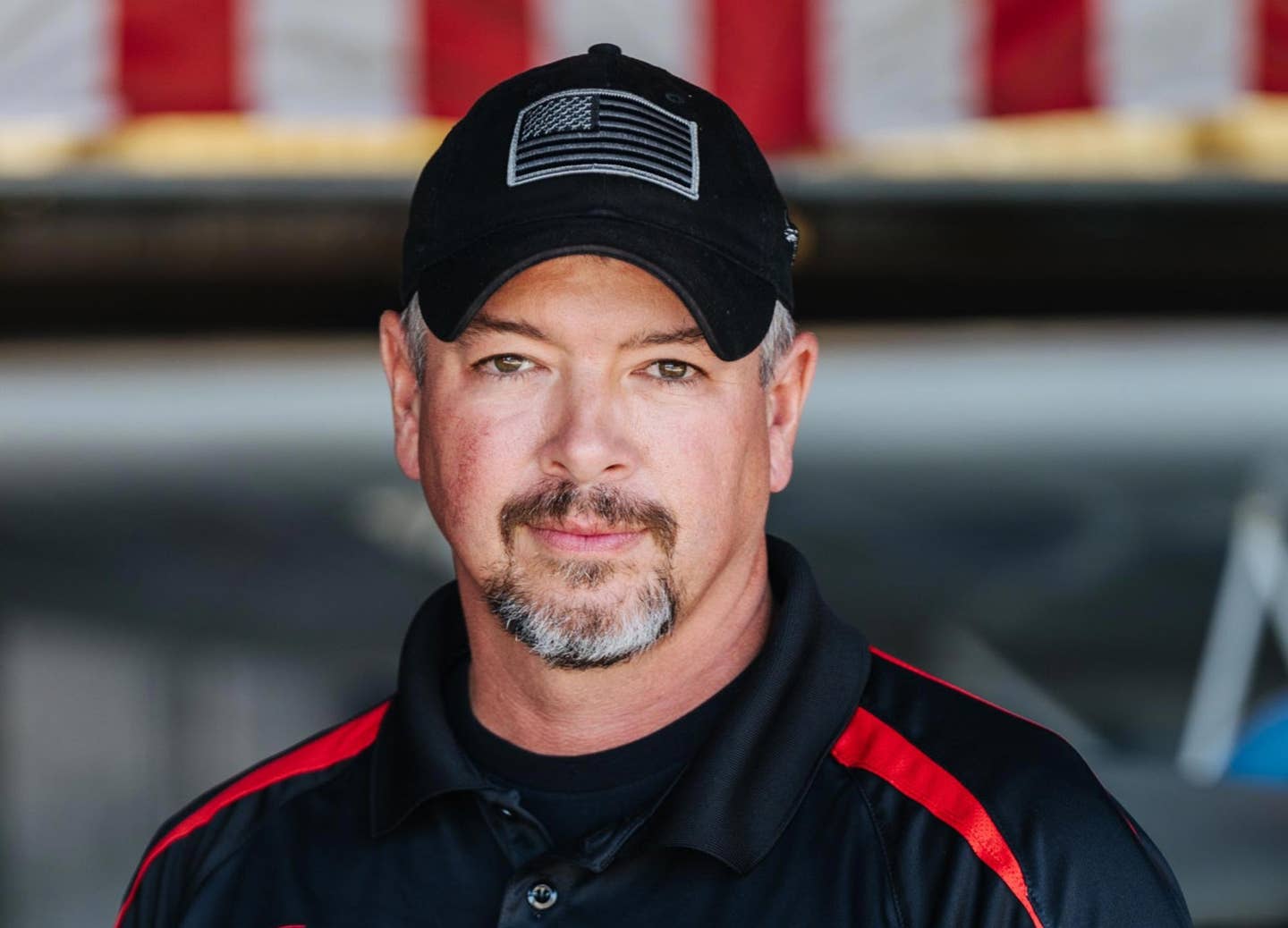Boeing CEO Addresses Decision To Drop Support For Aerion
As the sun sets on Aerion’s hopes for a new generation of supersonic business jets, Boeing CEO Dave Calhoun answered questions about the company’s investment in the AS2, and why…

Image: Aerion
As the sun sets on Aerion's hopes for a new generation of supersonic business jets, Boeing CEO Dave Calhoun answered questions about the company’s investment in the AS2, and why it had decided to withdraw support for the supersonic aircraft developer. Speaking at the June 3 Alliance Bernstein 37th Annual Strategic Decisions Conference, Calhoun cited the strategic question asked internally among Boeing management, “Is it going to be big enough and meaningful enough to Boeing? And maybe not just in terms of share of market and service market but also in terms of return on capital? And does it bring any technology to our existing core business? And if it doesn’t, then it’s got to really stand on its own ... And our decision on supersonic was that it didn’t.
He also addressed United Airlines’ decision to order fifteen 65- to 88-seat supersonic Overture airliners from startup Boom Supersonic (financial terms not released), scheduled to enter passenger service in 2029. “I applaud the decision by [CEO] Scott [Kirby] and the team at United to go after technologies like these. If the technology comes out and comes to bear in the marketplace, in some time frame that matters, ‘congratulations.’ They’ll be at the front end of that. And I’m all for that. We don’t have to compete on every single form of aircraft.”
The Boeing CEO did restate support for the company’s investment in Wisk, a California-based startup that is developing a 12-motor, two-seat eVTOL known as Cora. He said, “We did make a decision to stick with Wisk. It’s not going to displace anything in the portfolio today.”
Asked earlier in the conference if Boeing’s current net debt of $40 billion was constraining investment in new technologies, Calhoun said, “Well, the implication of that question is, are you constraining anything? Are you not spending on some things you really would like to spend on? And the answer to that question is ‘no.’ We have sustained what we think are all the important investments necessary to maintain leadership in our respective markets.”






